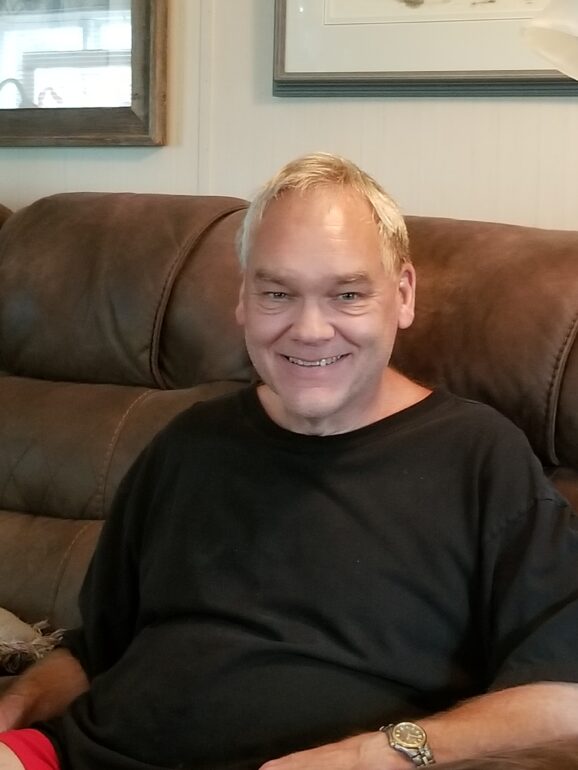The federal government, Ottawa announced that Wellness Together Canada will end on April 3.
Health Canada told Humber News in an email statement although Wellness Together Canada is disappearing, they continue working alongside provinces and territories to integrate mental health and substance use care as a full and equal part of Canada’s universal health care system.
The program was launched during the COVID-19 pandemic to address an urgent need for mental health support, the email stated.
But how true is this and is this enough?
Leif Gregersen, an author of several mental health books who has lived with schizoaffective disorder and anxiety, is one of the many people who utilized Wellness Together Canada.
He even recommended it anytime he spoke to young people in the support group he volunteers for or when he spoke to Canadians.
“It seems that with just the way things are set up, people just have medication alone for treatment and Wellness Together Canada was just sort of there so people could access free treatment and it’s really hard to get a proper therapist,” Gregersen said.
As a journalist who has spoken to many in the mental health field to learn more, I have come to an understanding that there are many barriers to mental health resource accessibility.
Even if these barriers were not present, vulnerability and trust are still huge factors and taking a pill may be seen as an easier fix.
Statistics Canada reported in 2018 that medication needs were most likely to be fully met, while needs for counselling or therapy were the most likely to be unmet.
Imtithal Mohammed is an integrative counsellor and a supervised practitioner who views counselling or therapy as a necessity, but those who need it most can’t access it.
“I don’t think we really fully understand what mental health is and how to deal with it,” Mohammed said.
To help individuals better understand it, learning about it from a young age could be what we need and the Canadian government needs to do a better job in pushing for this.
Valery Brosseau, a mental health speaker and advocate based in Toronto, supports this idea.
“We get physical check-ups for our physical health,” she said. “We need check-ups for mental health as well, and you don’t need to be in distress or in a crisis to be getting mental health support, and that’s something that I really prioritize.”
COVID-19 encouraged individuals to discuss their mental health more. Although the pandemic is not spoken about as much, that does not mean the mental health impacts are still not present, meaning free, accessible services such as Wellness Together Canada are still needed.
Ashley Berry who has been living with obsessive-compulsive disorder (OCD) and bipolar depression has experienced first-hand that the government is not doing enough for mental health.
Berry described having been in a deep depression for a year and a half and her doctor not being able to get her in the ER as she was sent home three times.
“All these people are in there thousands of dollars a day and it’s just because they can’t find family doctors or something suitable for them like a transition after. So, that’s why we can’t get in,” she said.
Additionally, the federal government is working on building the South Niagara Hospital which will focus on physical health and have no psych ward.
They have put about $3.6 billion into it which could have included funding some more accessible mental health care.
The Canadian government has disability plans to help financially support those who qualify, which can include those with mental illnesses, but it is far from doing enough.
Don Walin, author of The Crazy Golf Pro — My Journey with Bipolar Disorder, has been living with the disorder and was put on a Canadian Pension Plan (CPP) lifetime disability in 1996 due to his episodes that consisted of severe depression and suicidal thoughts.
With this plan, he receives $800 monthly whereas others receive much more as the government combined the income of Walin and his common-law wife, without considering expenses.

Don Walin, author of “The Crazy Golf Pro- My Journey with Bipolar Disorder”. Photo credit: Don Walin
“If it wasn’t for her, I’d probably have to live in some kind of group home or I might even be homeless or something because she’s supported me the whole time,” Walin said.
There is much more the government could be doing for mental health but with all of the above in mind, I do not picture a huge change happening anytime soon until more people, youth especially, are informed about this issue.



